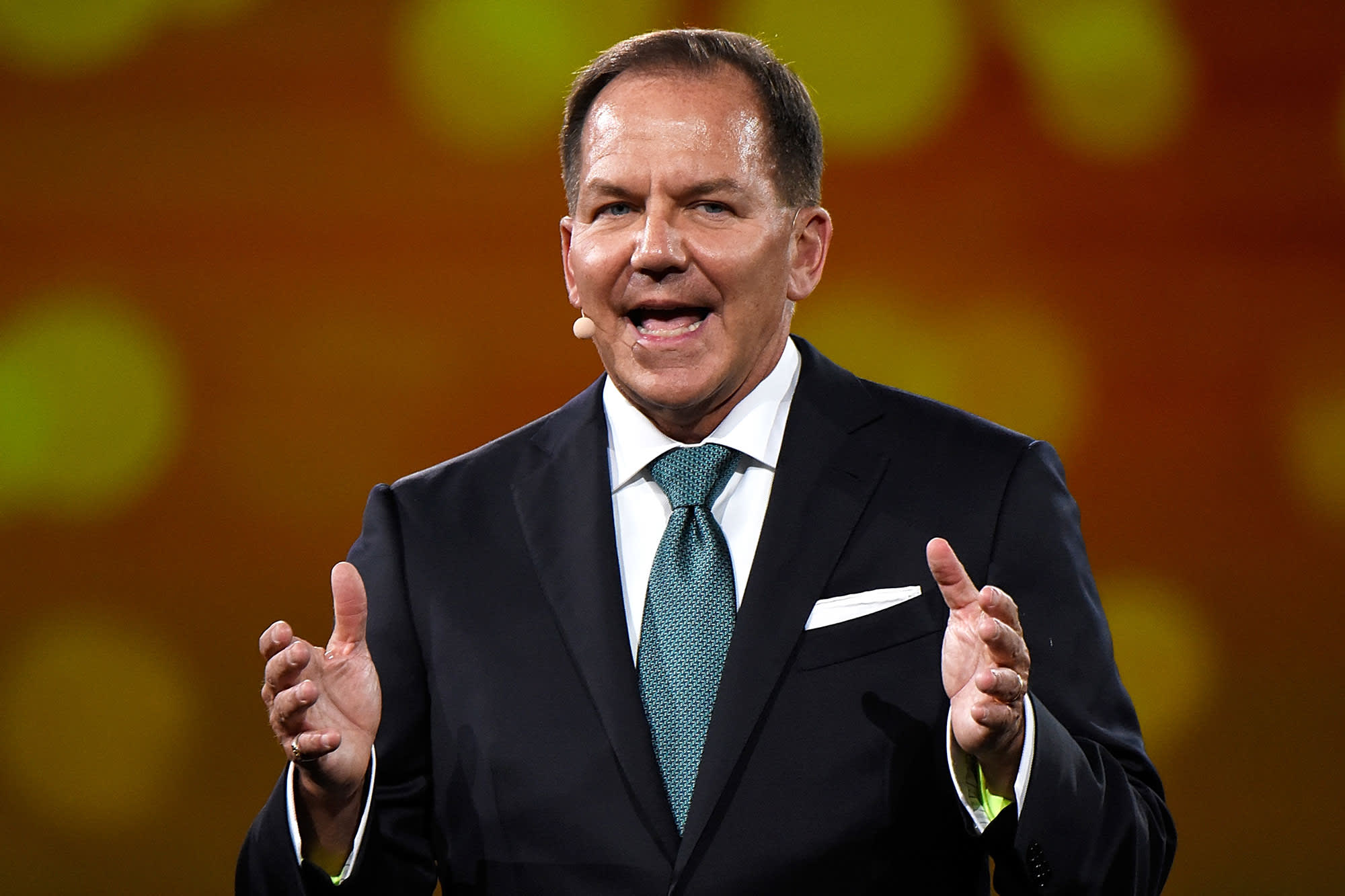Paul Tudor Jones
Kevin Mazur | Getty Images
Hedge fund manager Paul Tudor Jones said Thursday investors should commend Washington’s policy response to the economic shock from the coronavirus pandemic.
“Investors can take heart that we’ve counteracted this existential shock with the greatest fiscal, monetary bazooka. It’s not even a bazooka. It’s more like a nuclear bomb,” Jones said on CNBC’s “Squawk Box.”
Jones said the actions from the Federal Reserve and Congress have brought “safety” to the economic system, even as COVID-19 continues to spread across the U.S. and disrupt daily life.
“We did in two weeks what it took the Fed eight months to do in 2009,” Jones said. “Remember, we didn’t even get quantitative easing until well after the great financial crisis had started, well into the recession.”
And on the fiscal side, the $2 trillion economic relief package approved Wednesday by the Senate is around 10% of U.S. GDP, Jones noted. That makes it “double what we got in October 2008,” Jones said.
“Now they came with another package in March of 2009 that got us up to 10%, and my guess is we’ll be back with a bigger fiscal package somewhere down the road,” he said.
Jones’ comments Thursday came shortly after Fed Chairman Jerome Powell told NBC’s “Today” show that the central bank is prepared to keep using its policy tools to combat the disruption from COVID-19.
“When it comes to this lending, we’re not going to run out of ammunition, that doesn’t happen,” Powell told NBC’s Savannah Guthrie. “We still have policy room in other dimensions to support the economy.”
Jones, founder of Tudor Investment and JUST Capital, said the combination of the fiscal and monetary response “will buy us time” as the economy grinds to a near halt.
He added he thinks the stock market could retest its lows in April, as COVID-19 reaches the peak of its “epidemic curve,” but will ultimately be higher in as soon as three months.
“My guess is we’ll be higher three or four months from now, five months from now, than lower there where we are right now,” he said.
